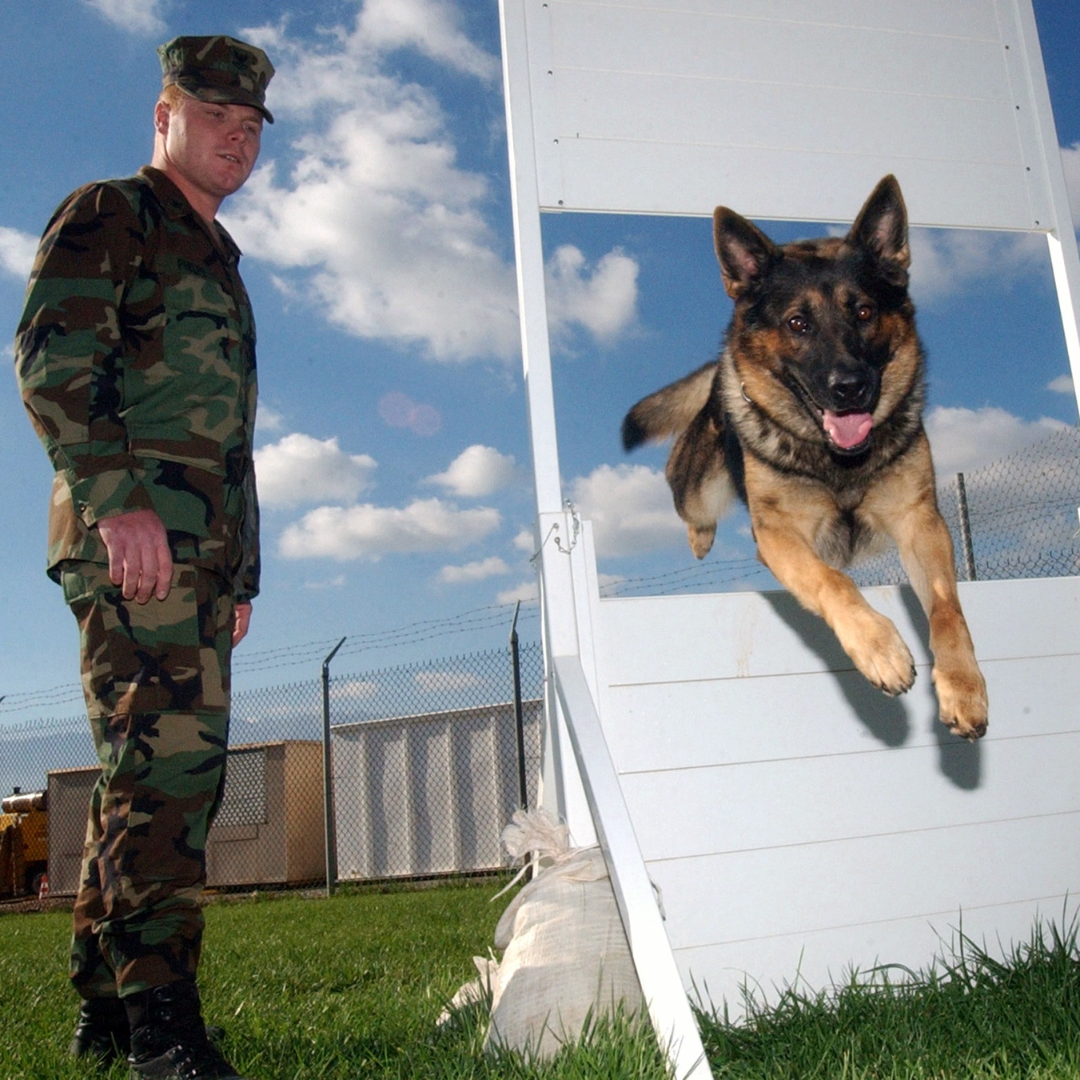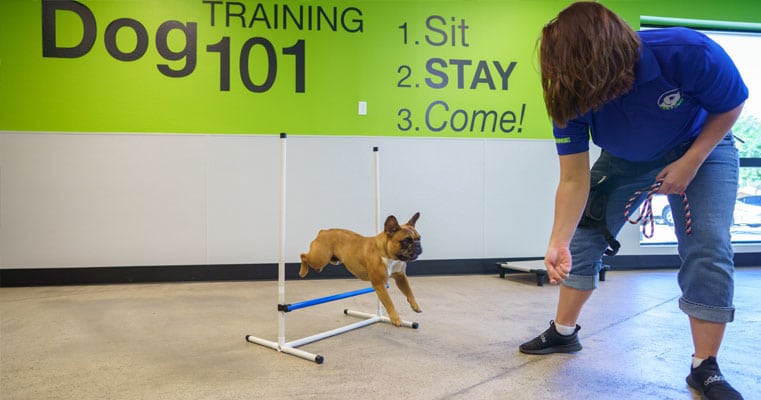Unlock Your Pet dog's Prospective: Proven Dog Training Strategies for Success
Reliable dog training is a nuanced process that pivots on understanding canine habits and using scientifically backed techniques. By including favorable reinforcement, establishing clear commands, and focusing on socializing, pet owners can cultivate an efficient partnership with their pets.
Understanding Pet Dog Actions
Recognizing dog behavior is vital for reliable training and cultivating a favorable relationship between canines and their owners. A detailed understanding of canine body movement, articulations, and social communications is crucial for recognizing their emotions and needs. Canines interact mainly with non-verbal hints; for instance, a wagging tail may suggest enjoyment, while pinned ears can indicate concern or submission.

Additionally, environmental variables play a considerable role in forming a dog's actions. Changes in regular, new environments, or the presence of strange individuals can bring about tension or anxiousness in canines. Identifying these triggers allows proprietors to reduce damaging reactions and establish appropriate training methods.
Ultimately, a deep understanding of pet dog actions lays the foundation for effective training methods, enhancing both actions and the overall bond between the pet and its owner. dog training charlotte. This understanding is indispensable for promoting a well-adjusted, satisfied canine companion
Favorable Support Techniques
Reliable training relies heavily on positive reinforcement methods, which have actually been shown to produce substantial lead to shaping wanted behaviors in pet dogs. This technique entails rewarding a canine for displaying details actions, thereby enhancing the probability that these actions will certainly be duplicated. Incentives can take various forms, including treats, praise, toys, or playtime, depending upon what encourages the specific pet.

It is vital to progressively eliminate incentives as the canine finds out the behavior, transitioning to periodic support. This strategy preserves the actions in time while protecting against dependency on continuous incentives. By concentrating on positive support, trainers can cultivate a relying on partnership with their canines, promoting a cooperative and healthy training atmosphere that boosts overall obedience and performance.
Establishing Regular Commands
A fundamental element of successful dog training is the establishment of constant commands. Uniformity in commands is crucial for efficient communication in between the instructor and the dog. When commands are consistent, pet dogs find out to link specific words with desired behaviors, which speeds up the training process and boosts understanding.
To establish constant commands, it is vital that all household members use the same terminology and motions. If one person utilizes "rest" while one more states "sit down," it can produce confusion for the dog. Select clear, distinct words for commands and ensure everyone associated look these up with the pet's training follows these selections.
In addition, repeating is crucial. Strengthen commands with constant technique, making certain that the pet receives adequate possibilities to respond properly. When a pet efficiently adheres to a command, instant positive support must comply with. This could be in the kind of treats, praise, or play, solidifying the connection in between the command and the action.
Finally, hold your horses. Developing consistent commands requires time and effort. With devotion and clearness, you will assist your canine create a strong understanding of assumptions, ultimately bring about a mannerly companion.
Socialization and Direct Exposure
Interacting socially a pet is necessary for fostering a confident and well-adjusted friend. This process entails exposing your pet to a range of settings, people, and other pets to develop their social abilities and adaptability. Early socialization, preferably in between the ages of three to fourteen weeks, is crucial, as it lays the groundwork for a pet's future behavior.
During socialization, goal to give positive experiences in different settings, such as parks, hectic roads, and homes with various other pets. Present your canine to different stimulations, consisting of audios, sights, and smells, guaranteeing that each experience is fulfilling. This direct exposure aids mitigate worry and stress and anxiety, leading the means for an extra resistant pet.
Taking part in controlled team play sessions with various other dogs can also enhance social skills, teaching your pet suitable interactions and boundaries. Always monitor your dog's comfort degree throughout these view it now experiences, progressively raising direct exposure as their self-confidence expands. Keep in mind, the goal is to create an all-round family pet that prospers in diverse circumstances, promoting a harmonious partnership with both human beings and various other animals. Prioritizing socializing will significantly add to your pet's general happiness and behavior throughout their life.
Overcoming Common Educating Challenges

Canines may struggle to focus in strange or active setups. Progressively desensitize your pet to diversions by beginning training in a peaceful atmosphere and slowly introducing more stimulations as they come to be efficient.
Furthermore, behavioral issues like jumping or too much barking can come to be discouraging. Address these by instructing alternative actions, such as resting comfortably when greeting visitors. Uniformity and patience are essential; reinforce wanted habits consistently and stay clear of abuse, which can result in complication.
Finally, acknowledge that each canine is one-of-a-kind, and training timelines might vary. Tailor your strategy to your pet dog's individual demands, and seek specialist support if needed. With perseverance and the appropriate techniques, overcoming these obstacles can result in a trained, pleased canine friend.
Final Thought
To conclude, unlocking a pet's prospective demands a detailed approach that integrates an understanding of canine behavior, the application of favorable support methods, and the facility of consistent commands. Early socializing and direct exposure to diverse atmospheres further improve a pet's adaptability and self-confidence. By addressing typical training obstacles with customized techniques and persistence, a cooperative and unified partnership between canine and trainer can be cultivated, eventually causing a mannerly companion with the ability of growing in various circumstances.
Reliable canine training is a nuanced procedure that pivots on understanding canine behavior and utilizing clinically backed approaches.Recognizing dog habits is necessary for reliable training and fostering a positive relationship between pet dogs and their proprietors.Reliable training counts greatly on favorable support strategies, which have actually been revealed to generate substantial outcomes in forming find out this here wanted actions in pets. When commands are consistent, pets find out to link details words with wanted actions, which increases the training procedure and improves understanding.
In final thought, unlocking a canine's prospective requires a detailed technique that integrates an understanding of canine behavior, the application of positive support strategies, and the facility of regular commands.
Comments on “The Ultimate Overview to Dog Training Charlotte: Strategies for Success”